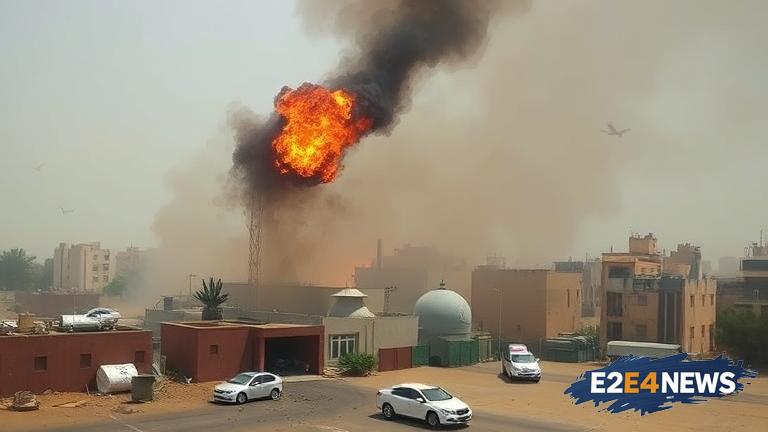In a move that has sent shockwaves across the globe, Israeli Prime Minister Benjamin Netanyahu has reportedly decided to fully occupy the Gaza Strip. This decision has been met with widespread condemnation and concern from the international community, with many fearing that it will lead to a significant escalation of violence in the region. The Gaza Strip, a coastal territory bordering Egypt and Israel, has been a focal point of conflict for decades, with Israel maintaining a blockade on the area since 2007. The blockade has had a devastating impact on the local economy and population, with many residents struggling to access basic necessities like food, water, and healthcare. The decision to fully occupy Gaza is seen as a major escalation of Israel’s policy in the region, and has been condemned by many as a violation of international law. The United Nations has long considered the Gaza Strip to be an occupied territory, and has called on Israel to end its blockade and respect the rights of the Palestinian people. Despite this, Israel has continued to maintain its grip on the territory, with the Israeli military regularly launching airstrikes and other attacks on Gaza. The full occupation of Gaza would likely involve a significant increase in Israeli military presence in the territory, as well as the imposition of Israeli law and administration on the local population. This would have major implications for the people of Gaza, who would likely face significant restrictions on their movement and freedoms. The international community has been quick to condemn the decision, with many countries and organizations expressing concern about the potential consequences of a full occupation. The United States, a long-time ally of Israel, has also expressed concern about the decision, with the State Department calling for restraint and a return to negotiations. The European Union has also condemned the decision, with the EU’s foreign policy chief calling for an immediate end to the occupation. The decision to fully occupy Gaza has also been met with widespread criticism from human rights organizations, who have expressed concern about the potential impact on the local population. Many have pointed out that the occupation would be a clear violation of international law, and would likely lead to a significant increase in human rights abuses. The Israeli government has defended the decision, saying that it is necessary to protect Israeli citizens from the threat of terrorism. However, many have questioned this justification, pointing out that the occupation would likely exacerbate tensions and increase the risk of violence. The decision to fully occupy Gaza is also likely to have significant implications for the wider Middle East region, with many countries expressing concern about the potential consequences of a full occupation. The Arab League has condemned the decision, with the organization’s secretary-general calling for an emergency meeting to discuss the situation. The decision has also been met with widespread criticism from Palestinian leaders, who have expressed concern about the potential impact on the Palestinian people. Many have called for international action to prevent the occupation, and to protect the rights of the Palestinian people. The situation in Gaza remains highly volatile, with many fearing that the decision to fully occupy the territory could lead to a significant escalation of violence. As the international community continues to grapple with the implications of this decision, one thing is clear: the fate of the Gaza Strip and its people hangs in the balance, and the consequences of a full occupation could be devastating.





